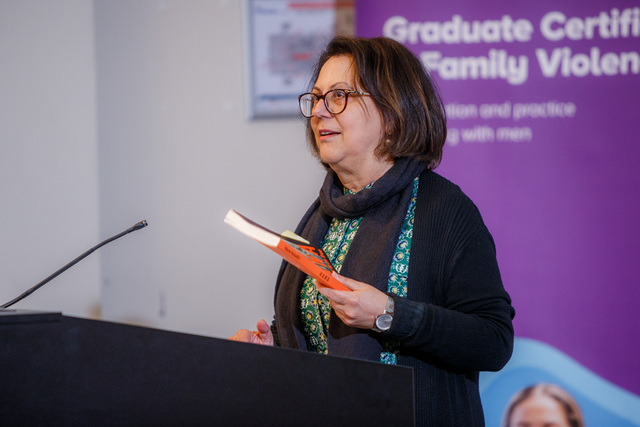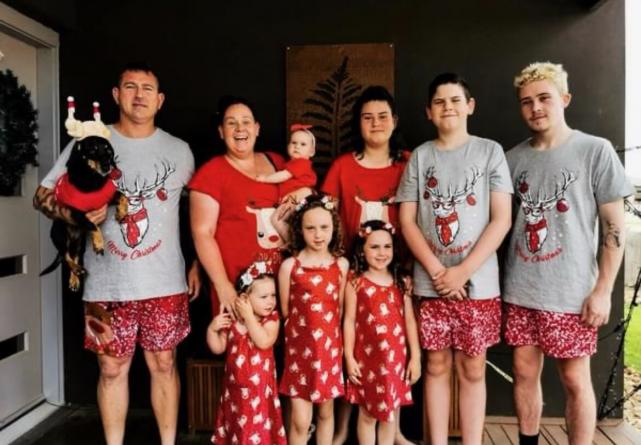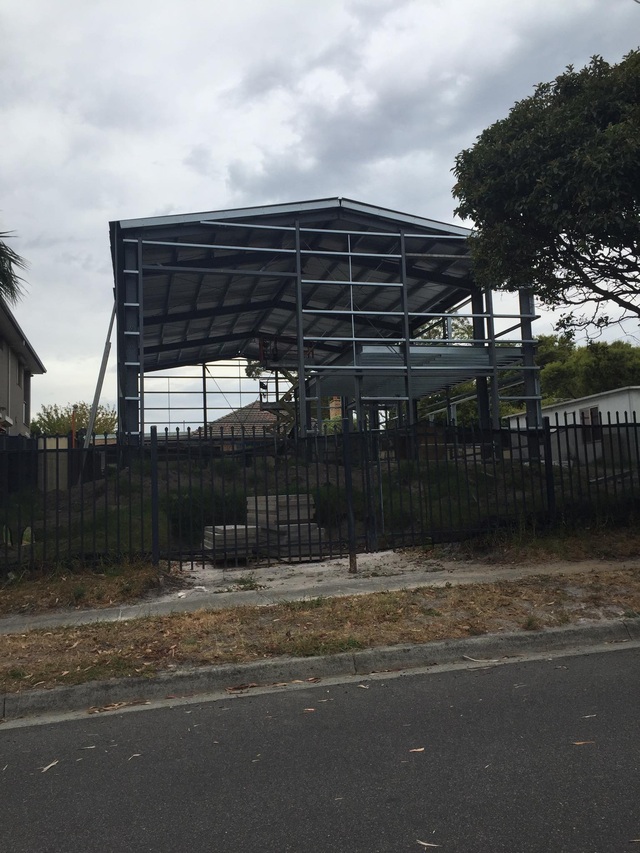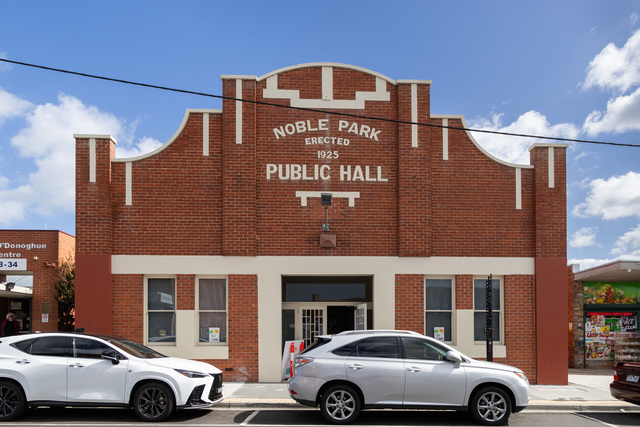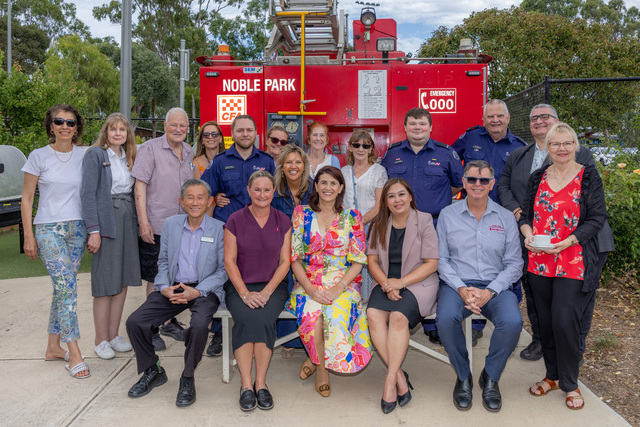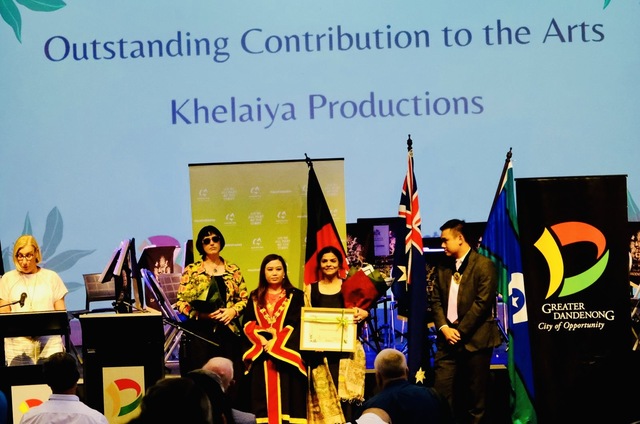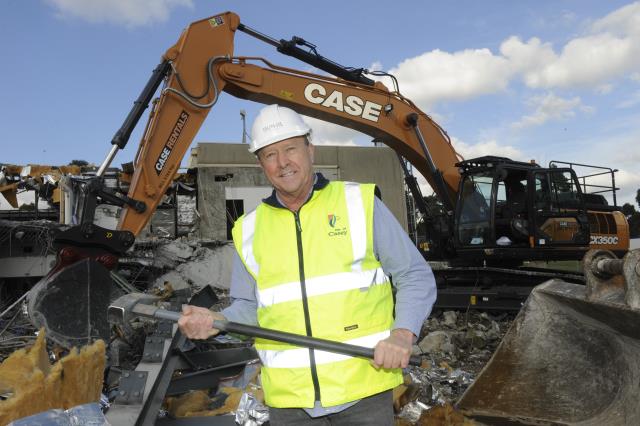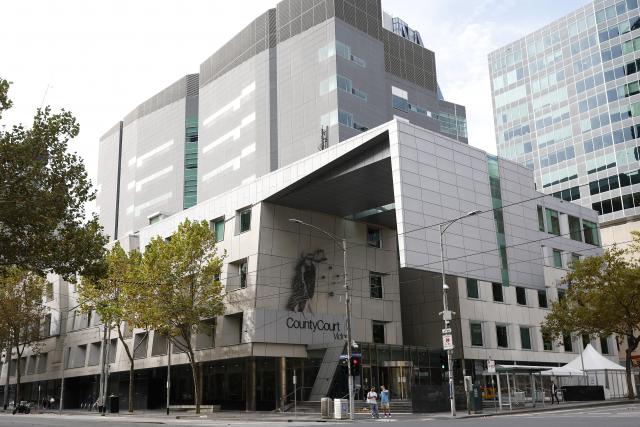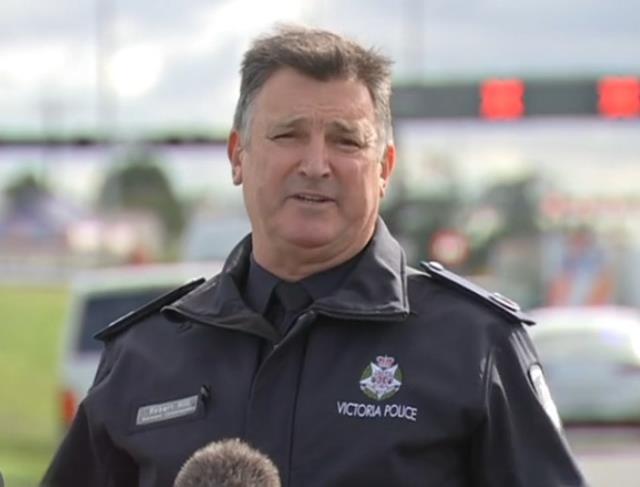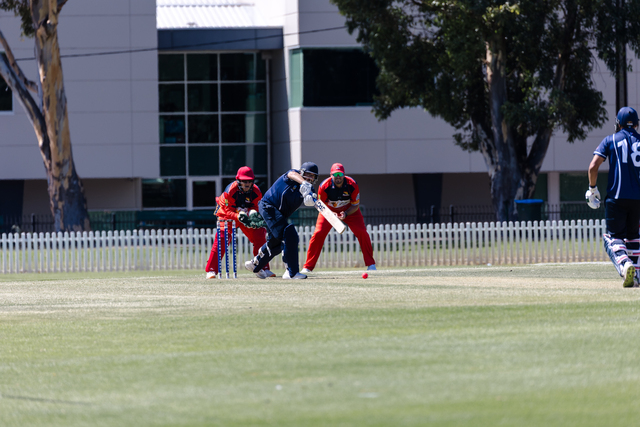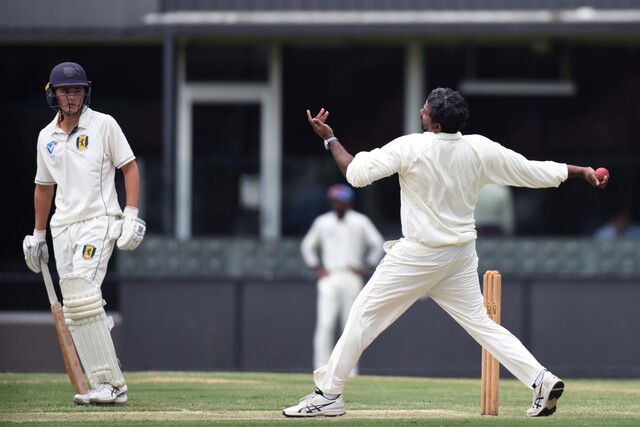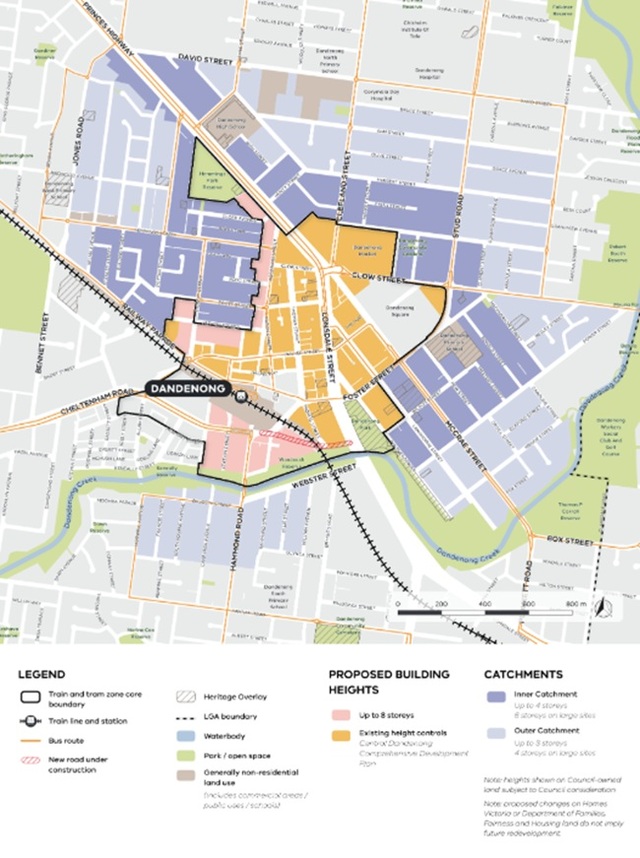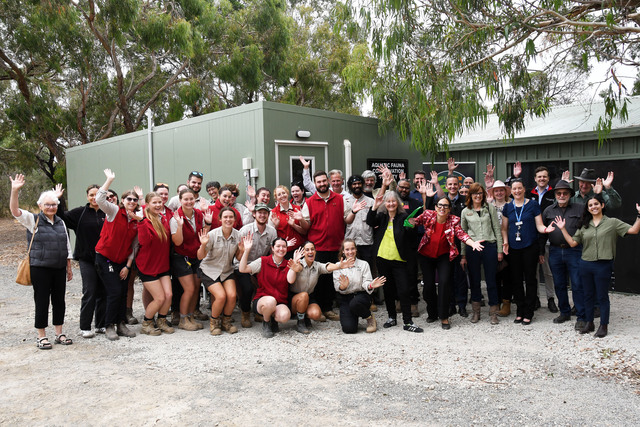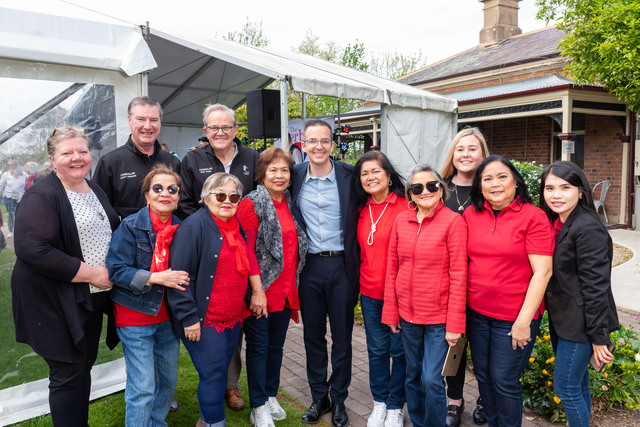Wellsprings for Women chief executive Dalal Smiley said in-language information was critical especially for newly-arrived women of migrant and refugee backgrounds – who may not know where to go for help.
“That is why settlement services are an important part of the whole family violence service system, even if they are not specialist family violence services, they know how to identify and refer.”
The State Government confirmed that Wellsprings was continuing to receive family violence prevention funding for at least another 12 months.
However Ms Smiley questions the “one-off” funding approach.
“It is a pity and also we feel that both the Commonwealth and State Governments should allocate on going funding for prevention services.
“That is the only way we are going to see intergenerational change.
“This is not a one -off project.”
It was important to reach out to culturally diverse communities and raise awareness on what are gendered forms of abuse, she says.
“They might not even know what they are experiencing is actually abuse and is illegal especially when the violence is not physical.
“That is why we have been advocating for on-going funding for prevention work at grass roots levels.
“Because otherwise very vulnerable and isolated women will continue to be at much higher risk of becoming victims of domestic and family violence and at times from multiple perpetrators.”
At Wellsprings, it has tailored its approach to family violence due to women not receiving the help that met their cultural, religious and personal circumstances..
“Our case workers are bicultural/bilingual and we support women who are in abusive relationships but not wanting to leave or ready to leave yet.
“A choice we made as such support is not universally provided.”
The outcome much depends on whether the service is culturally appropriate, she says.
“Was the victim/survivor supported in a way that she wanted to be supported and for the duration of time she needs that support?
“If she has children, were they also protected and supported in a way that did not further compound the trauma she is already dealing with?”
A Victorian Government spokesperson said $2.1 million was invested to support multicultural and faith organisations to deliver tailored family-violence initiatives in 2024-’25.
“All women in Victoria have the right to live safely, freely and without fear of family violence.

